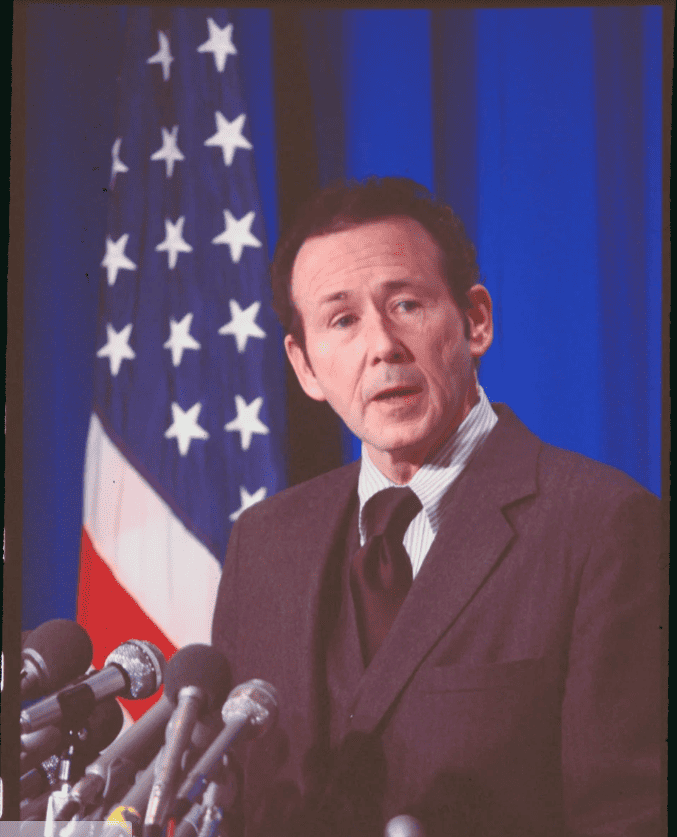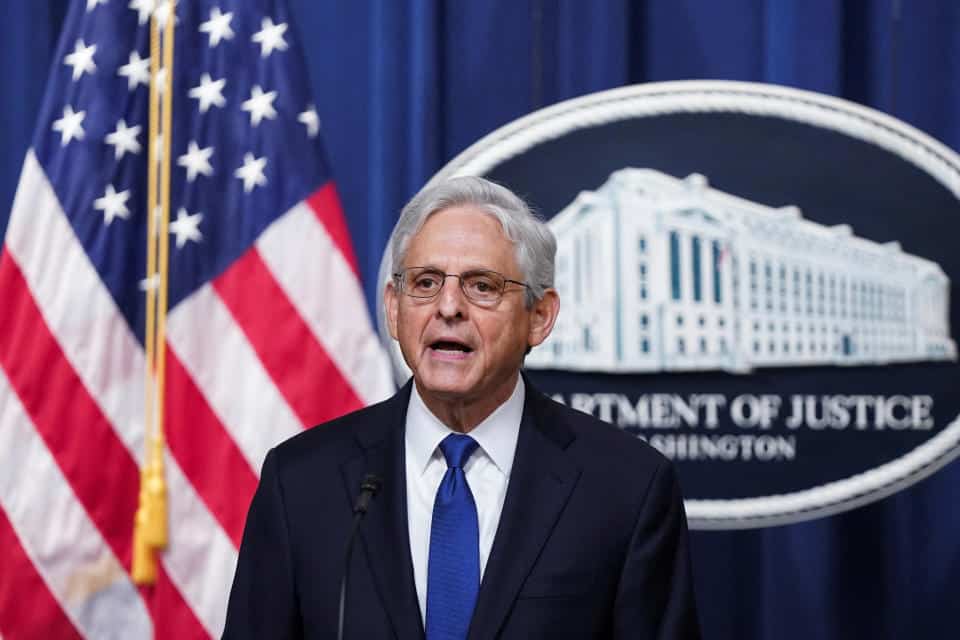In a number of high-stakes antitrust actions, the US government is battling some of the biggest digital corporations in the nation. One thing we’ve learned from previous battles is that even if the government loses, these lawsuits can open the door for a new generation of businesses.
Think about Microsoft (MSFT). The 1969 government prosecution against IBM (IBM), which the government eventually withdrew after 13 years due to what an assistant attorney general called “flimsy” evidence, helped the Seattle software and cloud computing giant. In the legal dispute, it was claimed that IBM had unfairly monopolised the market for commercial computers.
Later, between 1998 and 2001, Microsoft came to be constrained by its own protracted antitrust dispute with the Justice Department. This dispute led to a settlement that allowed for greater competition in the market for internet browser software, but Microsoft was nevertheless hampered by it.
The settlement gave Google (GOOG, GOOGL), then a startup, the chance to start its period of explosive growth in the 2000s by requiring Microsoft to design its Windows operating system to work with competing browsers, email clients, media players, and instant messaging software.
With a fresh batch of federal and state lawsuits aiming to break up Google, Facebook-owned Meta (META), and perhaps Amazon (AMZN), this situation may be ready to repeat again.
According to former Federal Communications Commission Chief of Staff Blair Levin, the cases raise the possibility of the emergence of new digital titans but offer no clear direction.
“These things are highly unpredictable,” said Levin, who is currently a fellow at the Brookings Institution. Nobody probably would have expected that the government’s antitrust action against IBM would result in Microsoft or that the government’s antitrust case against Microsoft would result in Google. Though they did.

Levin cited the fact that the then-emerging technology wasn’t clear as one factor. Google wasn’t a direct rival of Microsoft, and neither were Microsoft and IBM competitors.
“But what is certain,” he continued, referencing the tale of the Sicilian dictator Dionysius from the fifth century, “is that history demonstrates that a Damocles sword over the big companies can have a positive result.”
Even if the lawsuits result in the dissolution of the Big Tech corporations, emerging companies may still find it difficult to compete in the near future due to the established scale of the dominant players, according to Michael Carrier, a professor at Rutgers University Law School.
He says that if Amazon is compelled to stop selling its own rival toothbrush items alongside its third-party vendors, a small toothbrush business may gain.
On the other hand, Carrier said of the retail behemoth’s presence in numerous markets, “I don’t see a single company that could replace the entire segment of what Amazon does.” The same is true for Meta, he said, since new businesses struggle to swiftly reproduce its user base.
As the legal proceedings proceed, that size may already be escalating the barriers to entry for one developing technology. Levin claimed that, in contrast to the IBM and Microsoft antitrust times of the past, artificial intelligence is the evident emergent technology of the present.
Google, Meta, Microsoft, and Amazon are already making significant investments in AI.
Levin stated, “If we’re going after Google’s ad-tracking technology, it’s not clear to me what AI does to the value of it. There is an argument that AI will radically revolutionise how we conduct advertising in very frightening ways.
The Federal Trade Commission is one organisation in Washington that is battling numerous tech behemoths at once.
Facebook, Instagram, and WhatsApp are being split apart by Meta at the request of the FTC. The social media behemoth was allegedly illegally monopolising the personal social networking industry, according to a court lawsuit filed in December 2020.
Microsoft was a recent FTC target as well. It attempted to prevent the Windows manufacturer from completing its takeover of “Call of Duty” creator Activision Blizzard (ATVI),
According to former Justice Department Deputy Attorney General Tad Lipsky, “What the FTC is doing relevant to Al is adopting a merger policy that will tend to discourage investment in startups.” According to him, startup funding dries up the more the government objects to the acquisition of developing technologies, and powerful firms will start working on their own technology.
A lawsuit against Amazon is apparently being prepared by the FTC due to worries that the e-commerce behemoth is unfairly competing with independent businesses that utilise its marketplace.
A lawsuit against Amazon was already filed by the states of California and Washington, D.C., which claimed that the retailer had improperly compelled suppliers to raise their prices outside of the Amazon marketplace. A judge dismissed the Washington, D.C. case last year, but the California case is still pending.
The FTC’s 34-year-old chair Lina Khan, who has made taking on Big Tech the cornerstone of her tenure, is in charge of the effort. She gained notoriety for her 2017 Yale Law Journal paper titled “Amazon’s Antitrust Paradox.”
According to the essay, because existing antitrust rules place too much emphasis on pricing as a way to assess consumer harms, they are ill-equipped to deal with the anticompetitive practises of the internet industry.

However, the lawsuit that most closely mirrors the federal government’s attempts to control Microsoft in the 1990s targets Google, the organisation that benefitted the most from Microsoft’s long-running conflict.
In two merged lawsuits filed under President Trump’s administration, the Department of Justice and a number of state attorneys general accuse Google of abusing its market dominance in search and search advertising to stifle competition.
The Sherman Antitrust Act, which went into effect for the first time in 1890, is at the centre of the DOJ’s case against Google, according to the government agency. This is the same law that served as the foundation for its case against Microsoft.
Federal prosecutors allege in their complaint that Google creates software that is both contractually mandated and impossible to erase.
In the 1990s, they asserted a like charge against Microsoft. Using agreements with PC manufacturers that obliged them to omit competing software, the DOJ and a number of states claimed the software giant maintained an illegal monopoly for personal computer (PC) operating systems.
Microsoft’s proprietary web browser, Internet Explorer (IE), which it created to compete with the world’s first browser, Netscape, was the focus of the government’s case.
Microsoft handed the browser given for free on Windows-equipped PCs, which at the time accounted for more than 90% of the market, rather than charging for it as a browser that could run on top of several operating systems. Additionally, Microsoft made it challenging for users to uninstall IE in favour of a different browser.
However, back then, prosecutors encountered a significant roadblock that would present issues for them today: the assumption that decreased prices, especially free ones, are a consumer benefit and not necessarily anticompetitive.
According to Lipsky, one upshot of this time period is that the effort to control large corporations might have the opposite effect of what regulators are hoping for. It might increase the dominance of the large corporations.
Because investors worry that the firms they assist won’t be able to be acquired by bigger players, venture capital investment for startups may become less available. Giants may also elect to increase their in-house product development if mergers cannot be completed without drawn-out legal proceedings.
The trajectory of Microsoft over the past three decades lends support to that assertion. Following its humiliating run-in with the Justice Department in the 1990s, it moved on to establish itself as a significant new player across a number of markets, including cloud computing and gaming.

